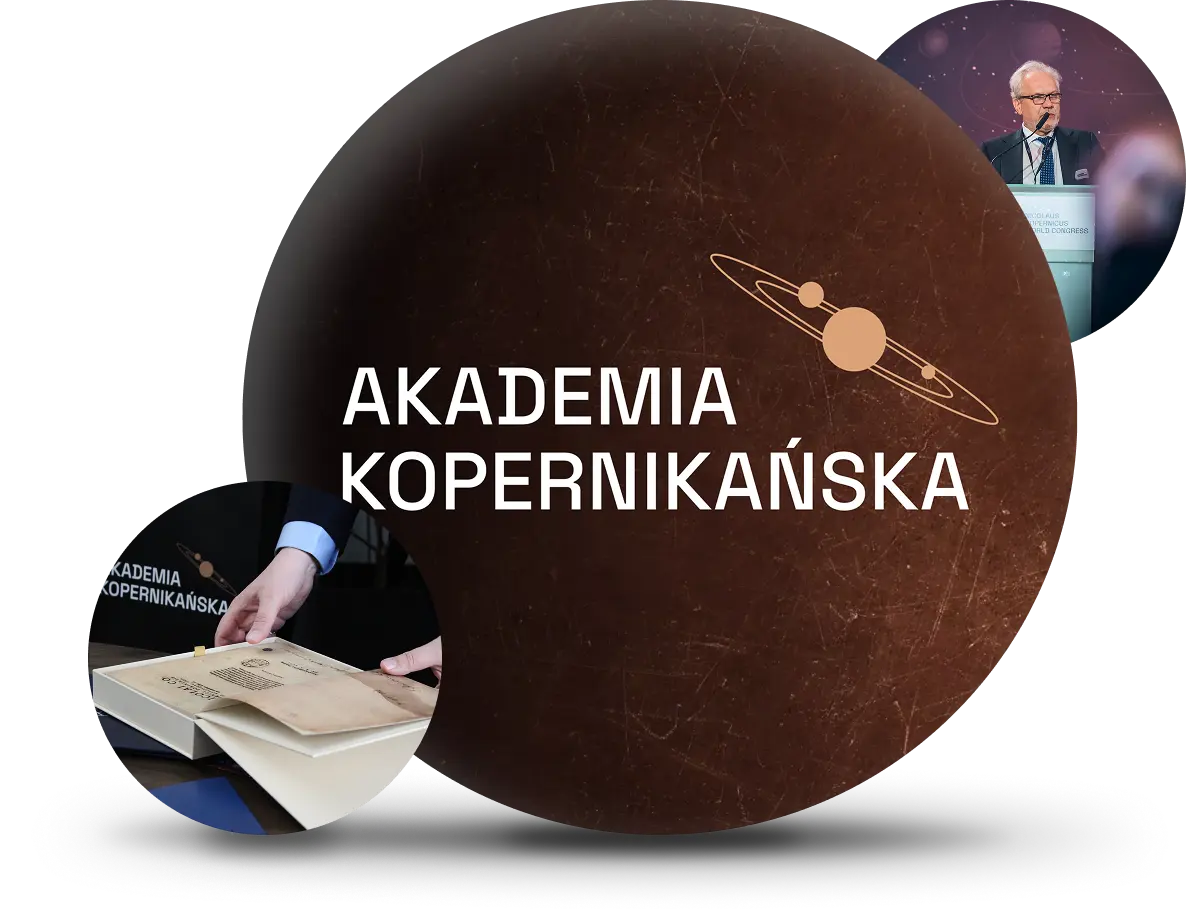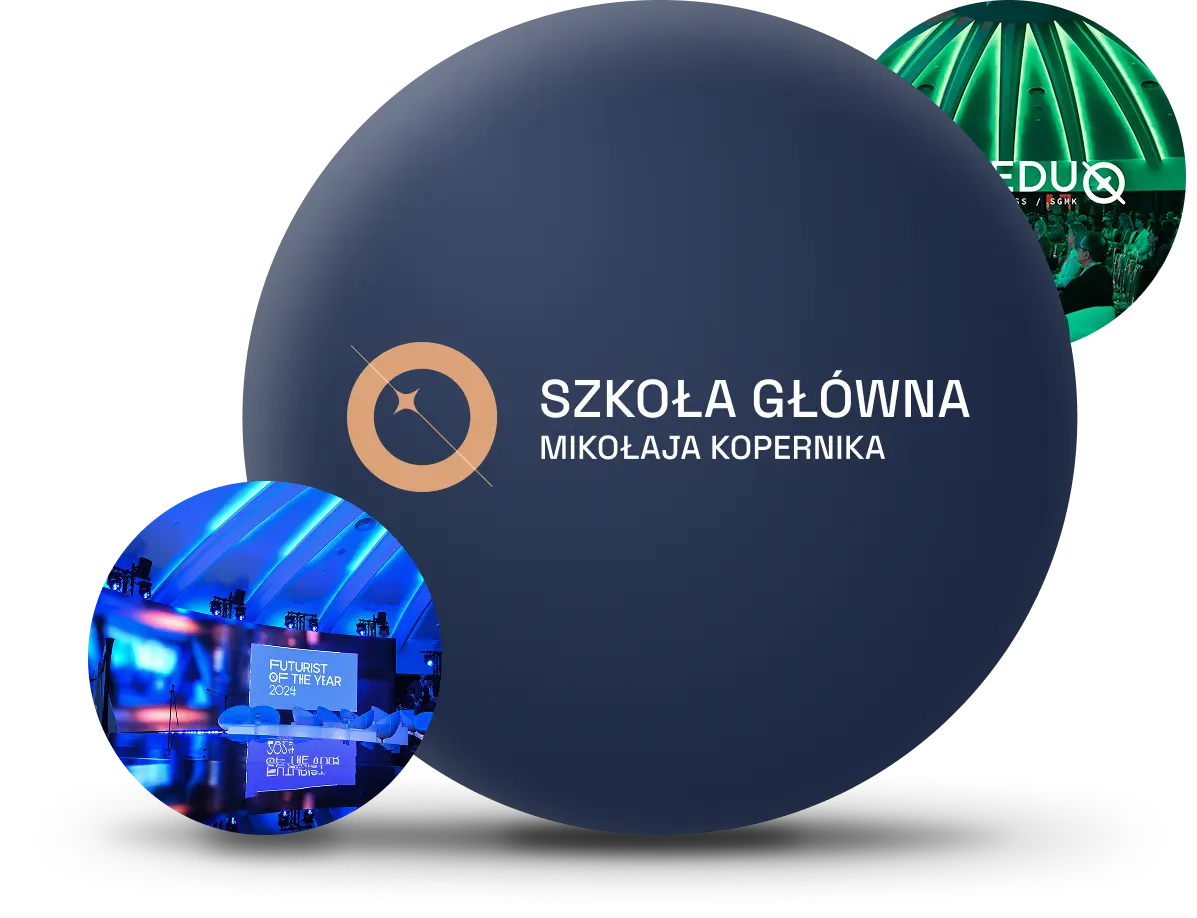
International Cooperation for the Advancement of Science
Organizational Framework
The Act on the Nicolaus Copernicus Academy defines the general structure of the Academy, which was further detailed in its Statute, adopted by the General Assembly of the Copernicus Academy and enacted by the Prime Minister on January 27, 2023.
Chamber of Astronomy and Natural-Mathematical Sciences
Each Chamber is led by a chairperson, elected from its 10 Members for a single term of 7 years.
Members of the Nicolaus Copernicus Academy
Appointed Members
The Academy’s structure allows for up to 100 members, appointed by the President of the Republic of Poland upon the recommendation of individual Chambers of the Academy. To be considered, a candidate must receive written recommendations from at least two current members and gain the support of the relevant Chamber. Members retain their status until the age of 80.
The first group of Academy members—up to half of each Chamber’s full capacity—was appointed in 2023 through four presidential nominations made at the request of the Minister of Education and Science (between February 2 and December 12). As a result, 52 scholars joined the five Chambers of the Academy.
Currently, the number of appointed Copernicus Academy members stands 49.
Copernicus Award Laureates
As of now, the total number of active Copernicus Academy members is 51, comprising 49 appointed members and 2 Copernicus Award Laureates.

Nicolaus Copernicus Superior School (SGMK)
- The College of Astronomy and Natural Sciences in Toruń
- The College of Medical Sciences in Olsztyn
- The College of Economic and Management Sciences in Warsaw
- The College of Philosophy and Theology in Kraków
- The College of Legal Sciences in Lublin
Formation of SGMK Doctoral Colleges
May 24, 2023
opening of the SGMK College of Economic and Management Sciences in Warsaw
Prof. Harold James
May 25, 2023
September 13, 2023
opening of the College of Legal Sciences at the Nicolaus Copernicus Superior School. “We want to restore Copernicus to its rightful place in the world”
October 3, 2023
opening of the College of Medical Sciences of the Nicolaus Copernicus Superior School. “This is another important centre on the academic map of Poland”
21 December 2023
opening of the College of Astronomy and Natural Sciences of the SGMK in Toruń
Prof. Andrzej Niedzielski, PhD